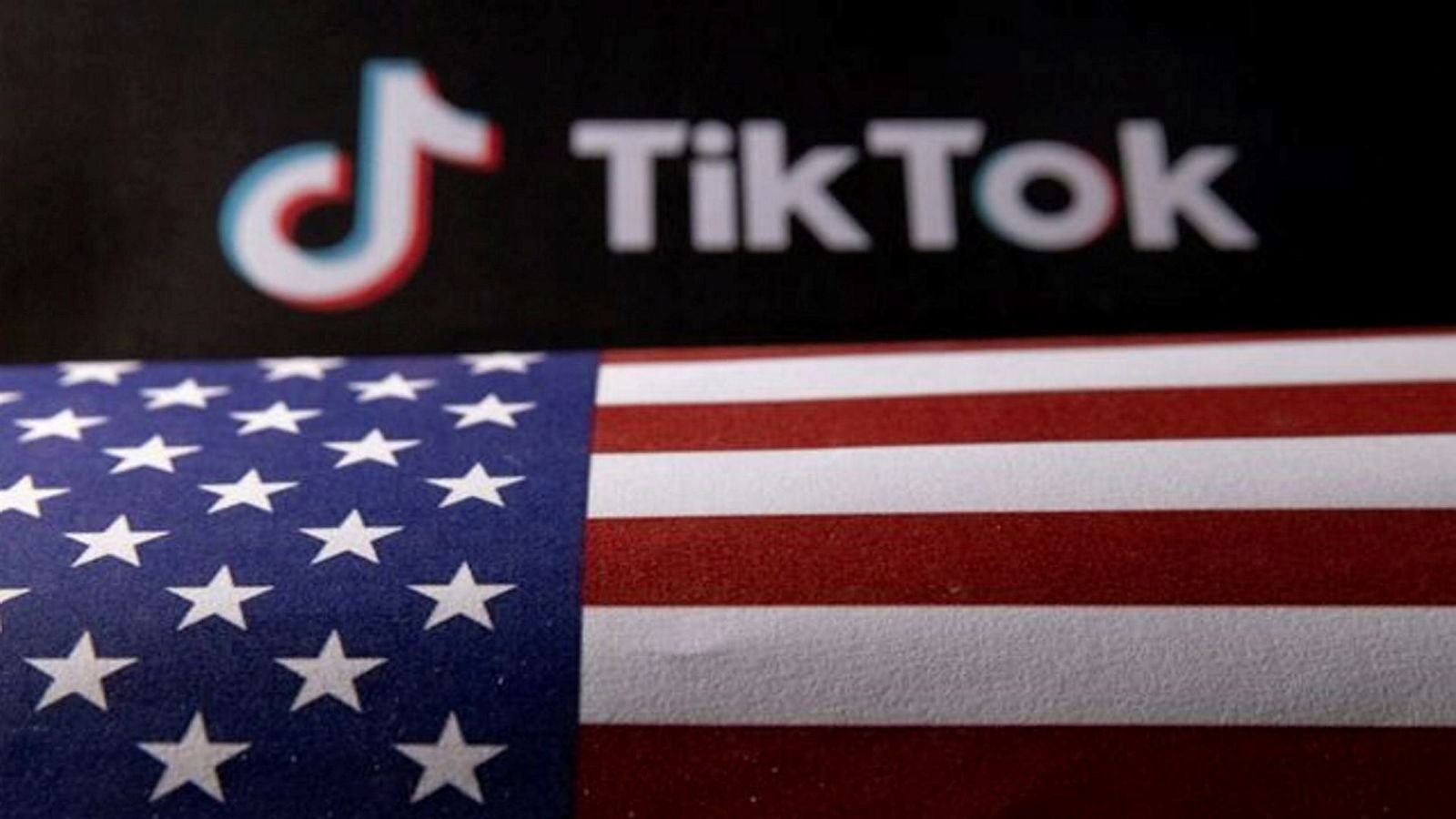The debate surrounding the potential TikTok Ban in the United States has once again surged to the forefront of national discourse, reflecting a complex blend of digital culture dynamics and geopolitical tensions. Amidst growing concerns over national security and data privacy, the United States is contemplating a decisive legislative action against TikTok, a social media platform that has captivated millions of Americans but has also raised alarm among legislators.
Bipartisan support underscores the introduction of a bill aimed at ByteDance, the Chinese conglomerate behind TikTok, sending a stark message to sever ties with the Chinese Communist Party or face losing its vast American audience. This directive, as voiced by Republican lawmaker Mike Gallagher, emphasizes the bipartisan nature of the initiative, indicating a unified stance against perceived foreign influence in American digital spheres.
Central to the congressional discourse is a bill that posits a clear ultimatum to ByteDance: divest TikTok’s operations in the US within a designated period of 165 days, or confront a sweeping ban. This legislative push seeks not just to untangle ByteDance from TikTok’s US operations but to address broader concerns about the influence of Beijing, given ByteDance’s roots and obligations to Chinese jurisdiction.
Despite the operational segregation of TikTok’s US activities under Shou Zi Chew, skepticism persists among American lawmakers regarding the platform’s autonomy from ByteDance, especially following the Chinese government’s investment in ByteDance, which further entwined state interests with corporate decisions.
The proposed TikTok Ban challenges the perception of TikTok’s operation in the United States, promising significant repercussions should ByteDance defy the legislative mandate. TikTok, defending its position, argues that the bill encroaches upon the rights of Americans while highlighting its substantial user base in the US, indicative of its cultural and economic impact.
The conversation around TikTok’s status in the US doesn’t occur in isolation. It draws parallels with India’s decisive action in 2020, which saw a nationwide TikTok Ban amid similar concerns over data security—a move that did not wane despite TikTok’s prevalent user engagement in the country.
History reflects a vacillating US approach toward addressing TikTok’s operational and security posture. Efforts under the Trump administration to implement a ban faltered, and while President Joe Biden’s administration introduced a targeted ban on government devices, Biden’s subsequent campaign activities on TikTok have muddied the waters, juxtaposing national security concerns against political and social engagement imperatives.
The ongoing debate encapsulates the broader quandaries facing global powers in regulating digital platforms that straddle extensive cultural adoption and potential risks to national security. The United States stands at a crossroads, with the potential TikTok Ban not only emblematic of its own legislative and policy challenges but also reflecting the complex interplay of global digital governance, privacy concerns, and geopolitical rivalry.
Read More:- Emergency declared in Haiti
As the United States weighs its options, the outcome will undeniably have far-reaching implications for TikTok, its users, and the international discourse on digital sovereignty, data privacy, and the intricate dance between maintaining open digital borders and safeguarding national security.
Lear about anime on Pop Media Pulse!
